Organic coffee vs. conventional coffee – A comparison with impact
Coffee is one of the world's most popular beverages, but not all beans are created equal. The differences between organic and conventional coffee, in particular, have far-reaching effects on the environment, the people living in the coffee-growing region, and, last but not least, the taste in the cup. But what makes organic coffee the better choice?
Environmental and climate protection: Sustainable cultivation instead of monoculture
Conventional coffee cultivation often relies on monocultures, where vast areas are planted with a single crop. This leads to severe soil stress, high water consumption, and increased susceptibility to pests – which is why synthetic pesticides and chemical fertilizers are often used. These enter the environment and pollute soils, waterways, and biodiversity.
Organic coffee, on the other hand, comes from sustainably managed mixed crops and agroforestry systems. In these near-natural cultivation systems, coffee plants thrive in the shade of trees, which not only regulate the microclimate but also provide habitat for numerous animal species. Furthermore, natural cultivation improves soil quality and reduces CO₂ emissions—a valuable contribution to climate protection.
Fair conditions for coffee farmers and their communities
Organic coffee usually comes from smallholder farmers organized in cooperatives and operating according to strict ecological and social standards. Fair trade plays a crucial role: Producers receive stable prices that enable them to earn a living. They also benefit from training in sustainable farming methods, which secures their livelihoods in the long term.
In conventional coffee farming, however, low wages, unsafe working conditions, and price fluctuations are common challenges. Many coffee farmers are at the mercy of the global market and often do not receive enough money for their harvest to feed their families or manage their plantations sustainably.
Taste and quality: Organic coffee impresses with purity and variety of aromas
Organic coffee is characterized by its exceptional purity, as it is grown and processed without chemical residues. The beans ripen more slowly, resulting in a greater aroma density. Thanks to gentle processing methods and traditional long-term drum roasting, organic coffee develops complex flavor nuances – from fruity notes to delicate chocolate aromas and floral accents.
In contrast, conventional coffee often contains residues of pesticides and synthetic fertilizers, which can affect the aroma. It is also often processed using industrial rapid roasting processes, which makes bitterness and acidity more pronounced and often makes the coffee less digestible.
Why organic coffee is the better choice
Choosing organic coffee not only ensures the best taste, but also promotes sustainable and fair treatment of people and nature. Choosing organic coffee supports ecological farming, the preservation of rainforests, and the improvement of the living conditions of coffee farmers.
ALTOMAYO stands for 100% organic coffee from sustainable cultivation in Peru.
Our beans grow in natural agroforestry systems, are harvested by hand, and refined using a traditional long-term roasting process – for an incomparable taste experience with a clear conscience.
Discover the variety of our organic coffee now and experience sustainable enjoyment!

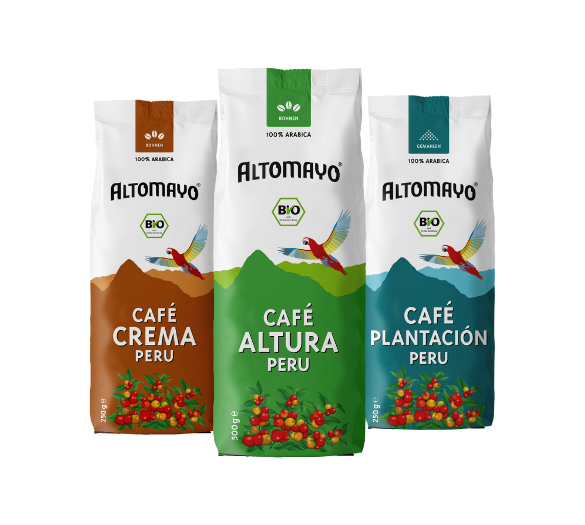
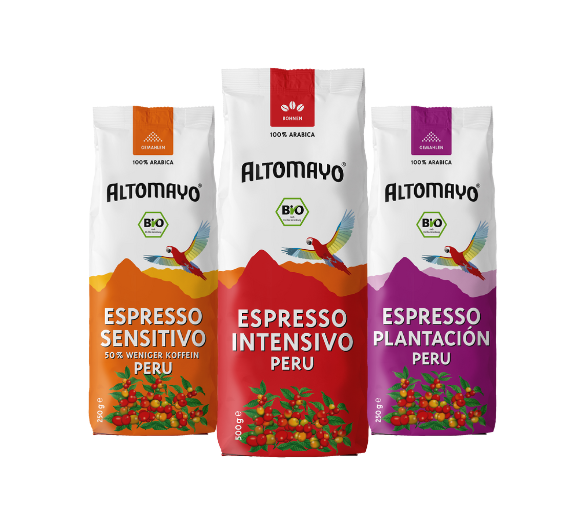
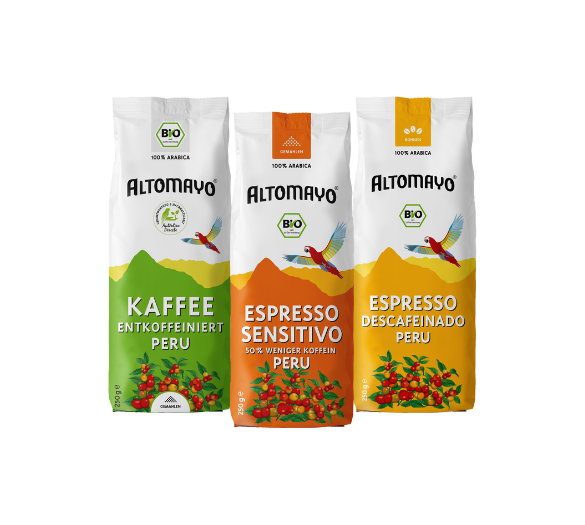
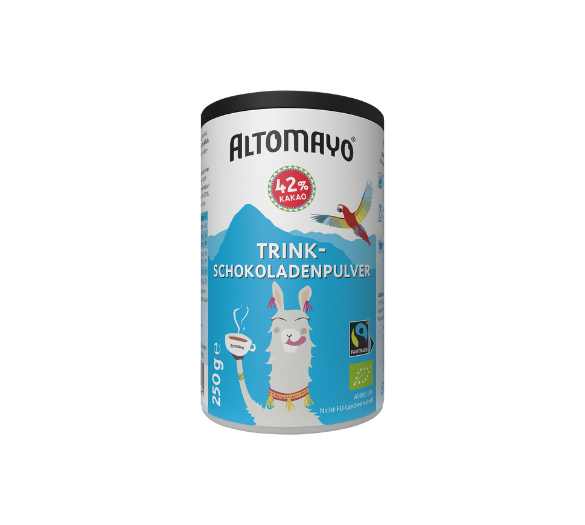
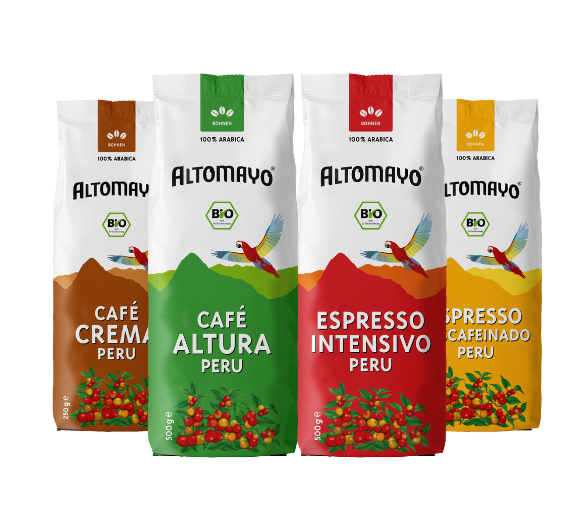
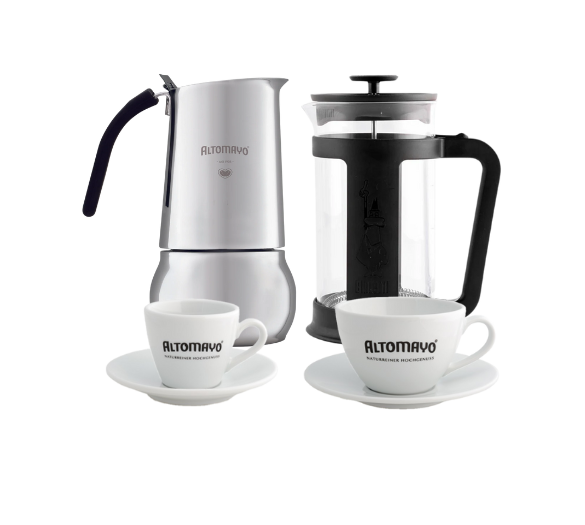
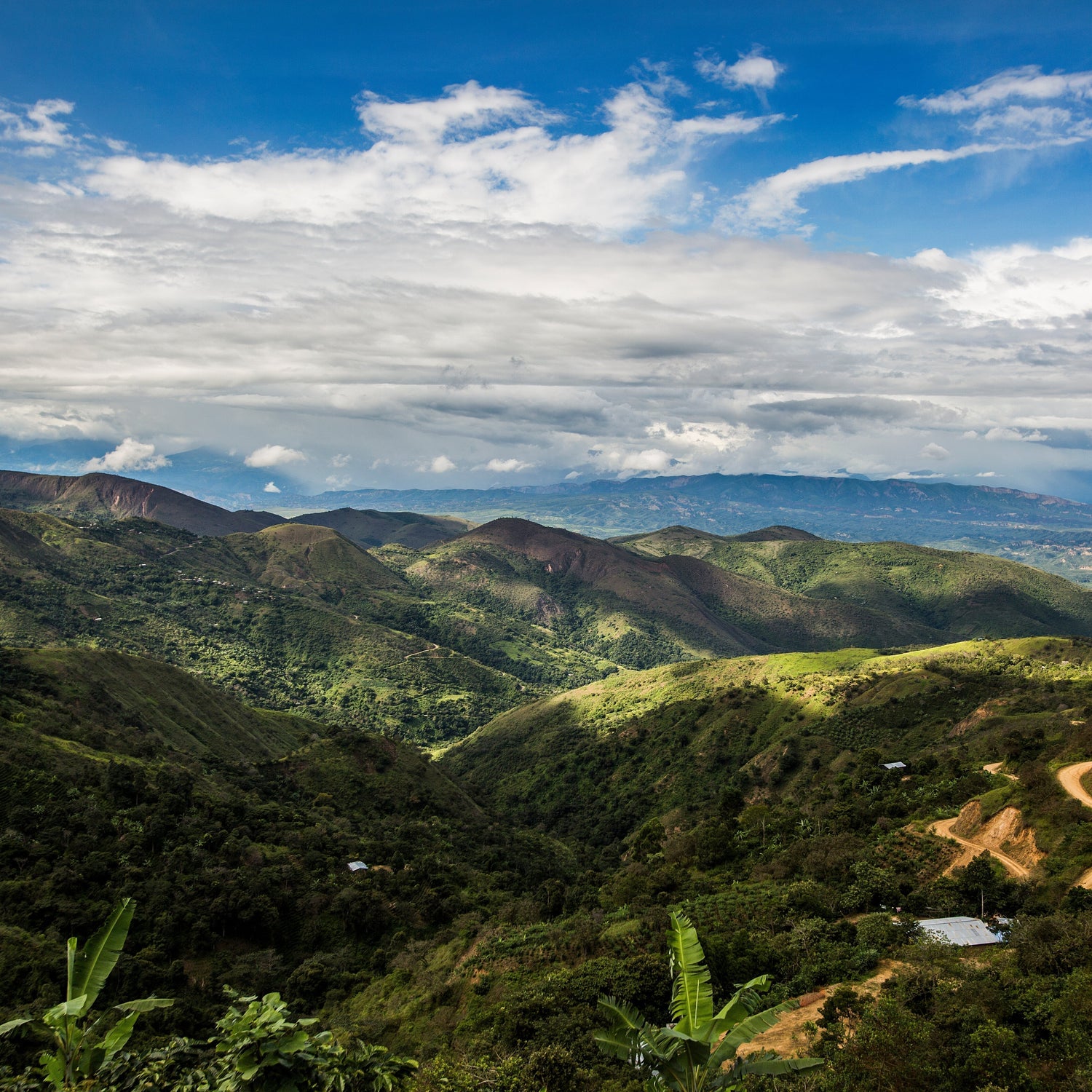

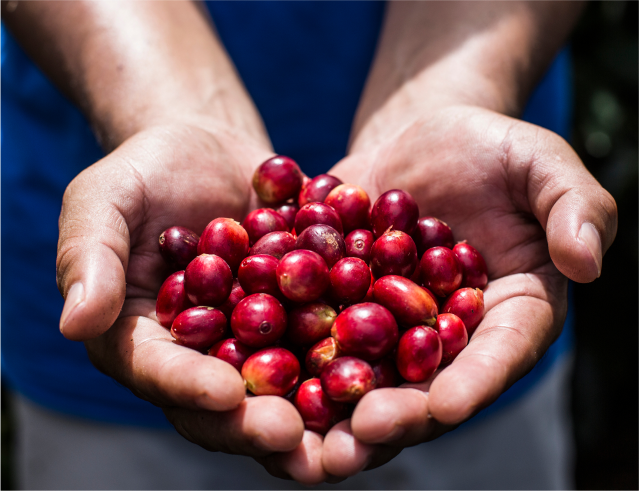
Leave a comment
All comments are moderated before being published.
This site is protected by hCaptcha and the hCaptcha Privacy Policy and Terms of Service apply.